(CLO) Climate change and extreme weather events are threatening at least 20 countries in Latin America, increasing the risk of hunger and malnutrition, according to a new study released by multiple United Nations agencies on Monday.
The economies of countries in Latin America and the Caribbean are heavily dependent on agriculture, livestock, forestry and fishing. These sectors are directly related to food security but are vulnerable to droughts, floods and storms.
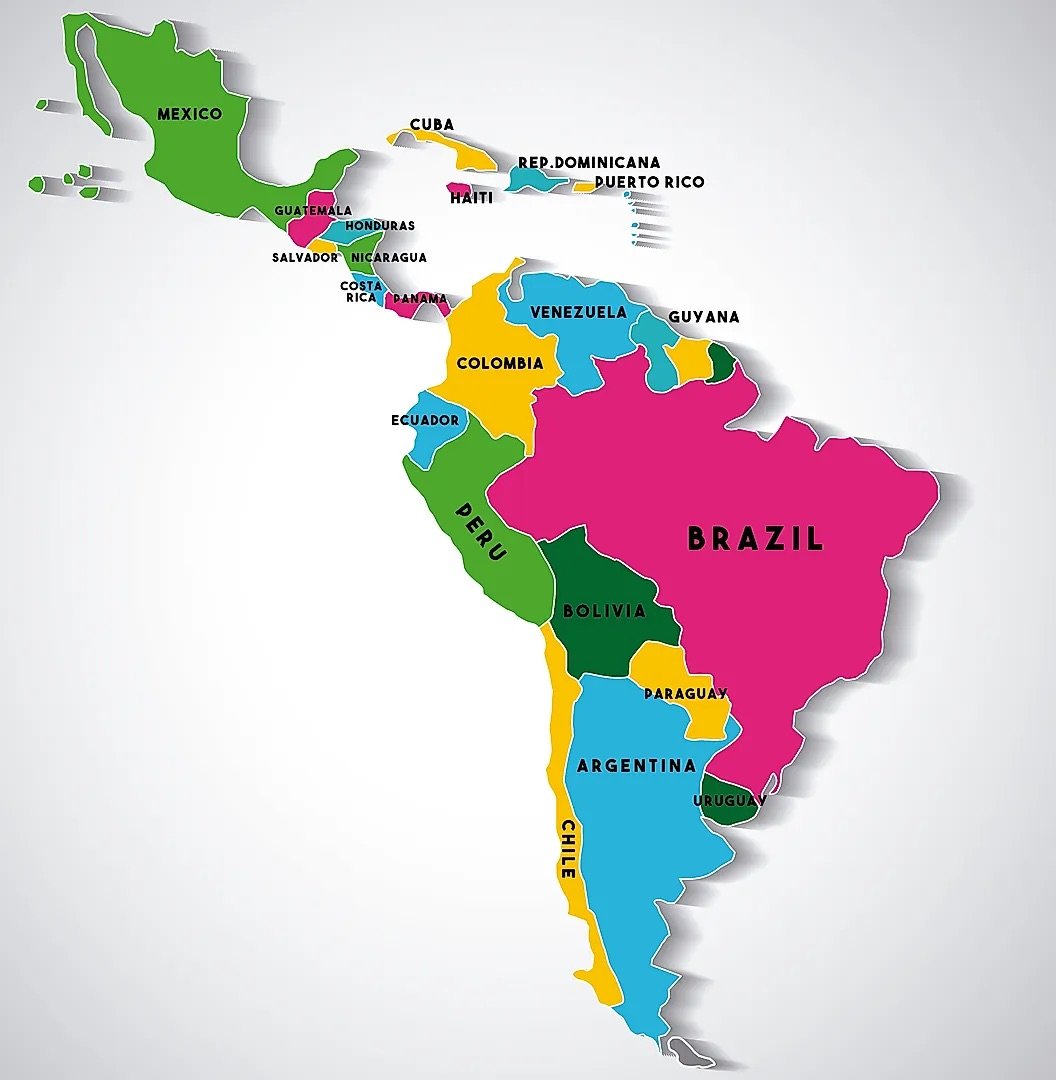
Latin America region. Photo: worldatlas
Scientists have warned that climate change will increase the intensity of extreme weather events. As the second most affected region in the world after Asia, Latin America could face difficulties in securing its own food supply.
According to the report, 74% of countries in Latin America and the Caribbean have been affected by extreme weather.
The report, titled “Regional Overview of Food Security and Nutrition 2024,” states that hunger affected 41 million people, or 6.2 percent of the region’s population, in 2023.
However, the report also noted some progress: the number of hungry people in the region in 2023 decreased by 2.9 million compared to 2022 and by 4.3 million compared to 2021. However, this downward trend is at risk of being reversed due to the threats of climate change.
“Climate change and extreme weather events are reducing agricultural productivity, disrupting food supply chains, increasing prices, affecting the food environment and threatening progress in reducing hunger and malnutrition in the region,” the report stressed.
The report was prepared by five United Nations agencies: the Food and Agriculture Organization (FAO), the International Fund for Agricultural Development (IFAD), the Pan American Health Organization (PAHO), the World Food Programme (WFP), and the United Nations Children's Fund (UNICEF).
Latin America and the Caribbean is one of the regions most affected by climate change, with floods, droughts and other extreme weather events becoming increasingly common. These factors not only reduce agricultural productivity but also increase food prices, pushing millions of people into food insecurity.
In addition, this negative trend comes as the region is still struggling to recover from the global economic crises and the COVID-19 pandemic, leaving many countries with limited resources to cope with climate shocks.
Ensuring climate-resilient resources and adaptation strategies is more urgent than ever to protect millions of vulnerable people here.
Cao Phong (according to UNICEF, WFP, Reuters)
Source: https://www.congluan.vn/thoi-tiet-cuc-doan-gia-tang-nguy-co-doi-ngheo-o-my-latin-post332241.html








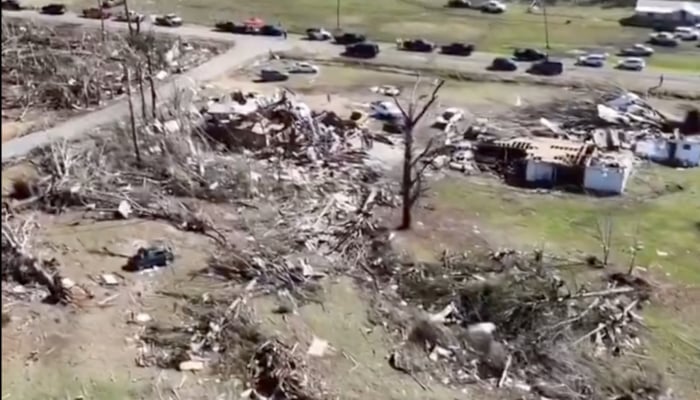
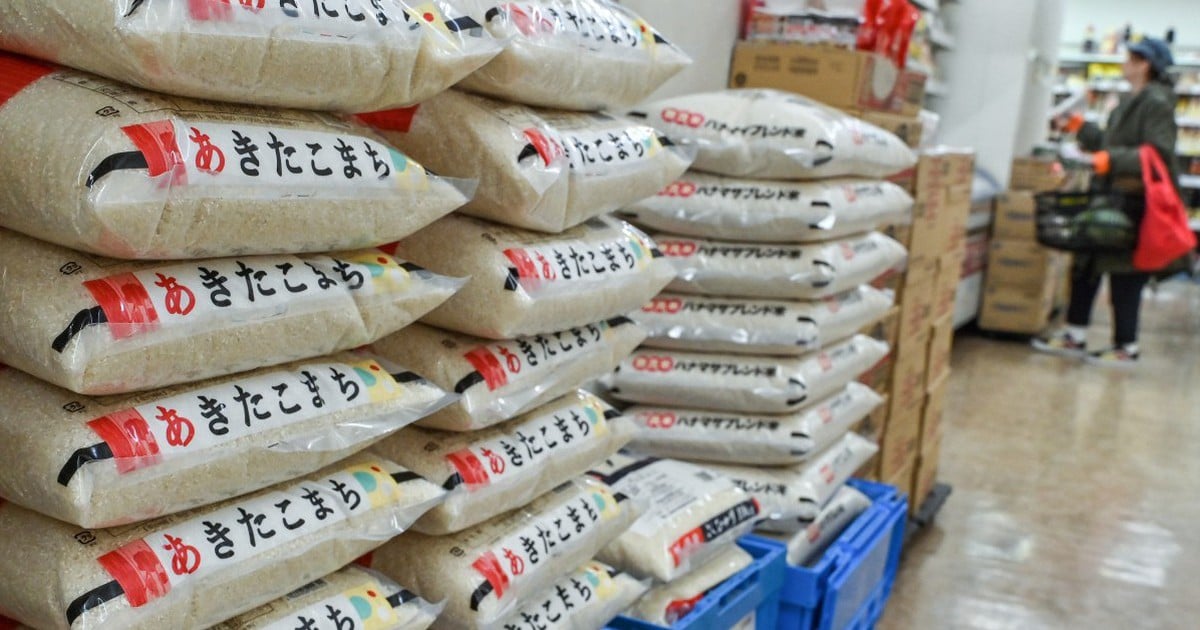



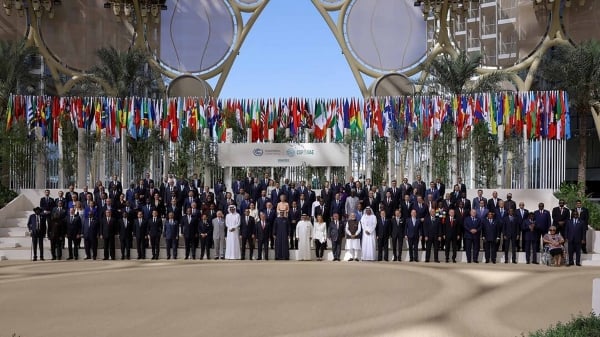



























































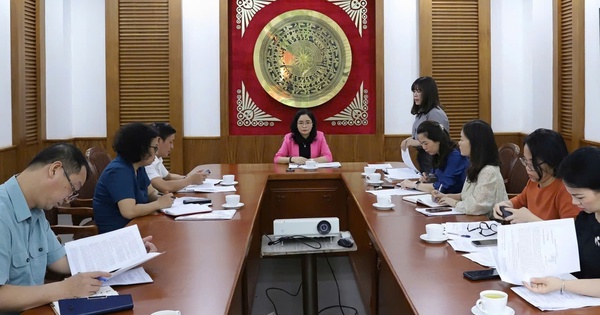



















Comment (0)